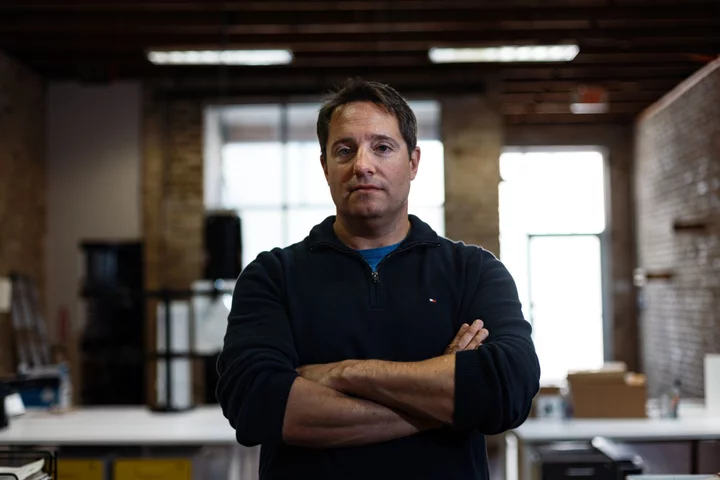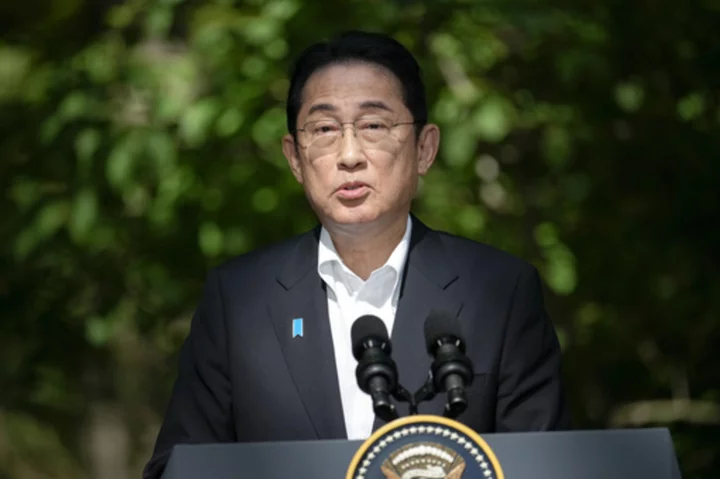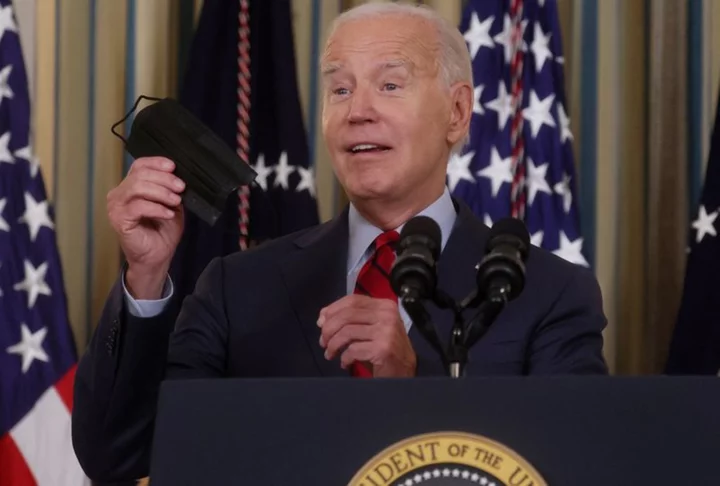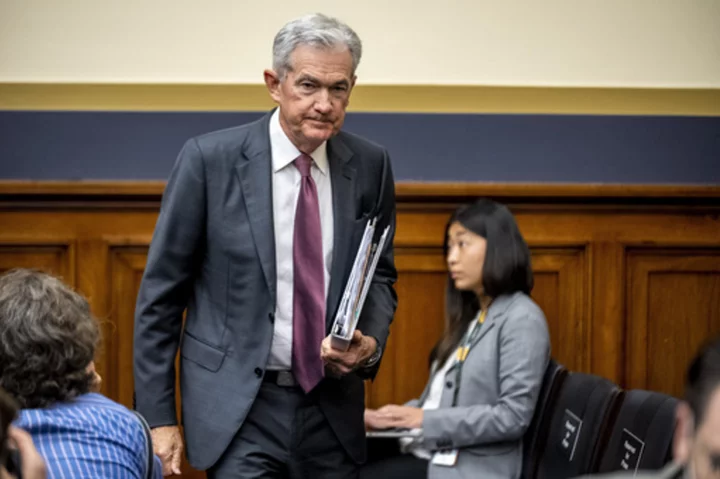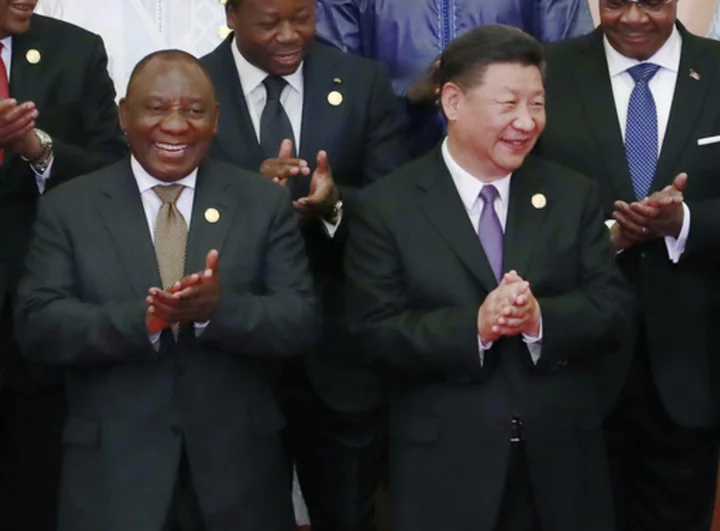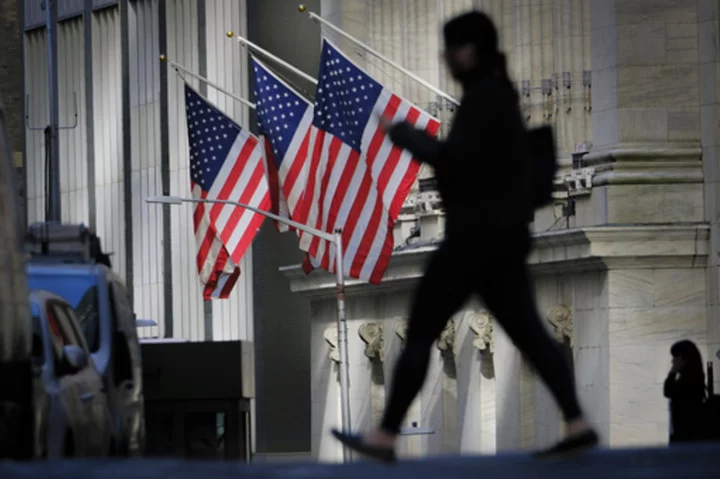Wall Street’s cops are finding themselves partnered with an unlikely star witness against misbehaving firms: short sellers.
Alongside their public reports, short sellers are quietly sharing their research about sketchy accounting and other misdeeds with the US Securities and Exchange Commission’s whistleblower office in hopes of making some extra money.
The practice is widespread, with big-name short sellers Nate Anderson, Kyle Bass and Carson Block among the tipsters. If the SEC investigates and levies a fine, a short seller can collect up to 30% of the proceeds. That’s on top of any profit they might make by betting on the stock’s decline.
The whistleblower program is open to all comers — including short sellers, corporate insiders and random internet investors — and the would-be informants can’t get enough of it. They’ve flooded the agency with over 18,000 formal tips in the 2023 fiscal year. For perspective, that 12-month tally is double the total of all SEC enforcement actions over the past 10 years.
Tips based on short-seller research potentially give the SEC a head start on probes, but they also create some tricky optics.
The government, after all, is investigating some practitioners for abuses, and people who try to collapse a stock by spreading negative information carry a stigma among typically bullish investors. Some SEC officials are queasy about using material from short sellers even as they rely on it in major cases, said people familiar with the matter, who weren’t authorized to speak publicly.
“The center of gravity in this program is shifting to short sellers,” said Alexander Platt, a University of Kansas law professor who has written about the trend. “I think the taxpayers should know when $14 million of our money goes to Carson Block.”
Whistleblower awards are paid out of the proceeds collected in an enforcement action. Block got $14 million for one of his leads, part of the more than $1.3 billion disbursed in over 300 cases by the SEC since establishing the program last decade.
“Many of the really good external fraud detectives are short sellers,” Block said in an interview. “If you want the whistleblower program to be open to external whistleblowers, you have to be open to short sellers and can’t discriminate against them.”
Four of every 10 bounties went to people who weren’t insiders, according to SEC data from 2021, which didn’t break out how many were short activists. That’s because unless a tipster publicizes it, whistleblower filings and awards are confidential. The secrecy makes it near impossible to tell how often the SEC rewards short sellers. The bids for bounties by Block and Bass were revealed only when litigation arose over their whistleblower proceedings. The SEC declined to comment for this article.
Anderson, whose Hindenburg Research is based in New York, said in an interview that he started submitting whistleblower tips around 2014. He said he prefers to submit them before he publishes a report. Among them was one on Platinum Partners, a hedge fund that prosecutors later alleged was run “like a Ponzi scheme.” The case resulted in convictions.
Limited View
He now sends in tips where “we suspect fraud” or other matters that might interest regulators. “There are depths we can’t go to,” Anderson said. “We can identify red flags and high-level evidence of fraud, but as an outsider we can’t subpoena or compel the information needed to finish an enforcement-ready investigation.”
The SEC pays whistleblowers their bounty after cases conclude. When it comes, the award can make their efforts worthwhile in an era where it’s becoming hard to make a lot of money by shorting.
Read more: Short Seller Hindenburg Nabs Tiny Gains Off $173 Billion Carnage
“There’s so little incentive now to root things out, so if you’re providing that, that’s a good thing,” said Christian Lamarco, who runs Culper Research in New York. Lamarco tipped off the SEC on drug maker CytoDyn Inc. in a February 2020 short report that alleged the firm’s claim about its PRO 140 monoclonal antibody, touted as a possible remedy for HIV and Covid-19, couldn’t be true.
In December 2022, federal prosecutors charged CytoDyn’s ex-chief executive with conspiracy to defraud investors. Nader Pourhassan has pleaded not guilty and denied wrongdoing; his attorney, Adam Lurie, declined to comment.
The SEC whistleblower program started in 2011 in part to avoid a repeat of one of the regulator’s most notorious failures. In the years before the Great Financial Crisis, a then-portfolio manager named Harry Markopolos, among others, warned SEC officials that Bernie Madoff’s hedge fund was suspect.
The agency failed to stop it, and the Ponzi scheme’s eventual collapse cost investors billions. The 2010 Dodd-Frank Act set up a formal process to organize the agency’s tips, so that another similar warning couldn’t be overlooked. The program was an immediate success, and the SEC asked Congress for more funding for the whistleblower office.
Tip Glut
A new problem soon emerged: too many tips. More than 82,000 have been filed since the program began, so the roughly 1,500 employees in the enforcement division have had to triage, prioritizing information that was well-researched or came from insiders, say current and former officials.
This gives an edge to some of the more methodical short sellers, who’ve been crafting detailed takedowns of corporate malfeasance long before the SEC started offering awards.
Shorts like Block, who runs Muddy Waters Capital, began sending tips soon after the program opened. In 2022, he got $14 million for a tip he sent in on Focus Media, a Chinese media firm. In 2015, that company and its chief executive paid $55.6 million to settle an SEC probe into insider deals, without admitting or denying the SEC’s findings. The investigation was “opened based in large part” on Block’s work, the agency said.
The SEC has its own incentive — a good short report can cut months or years off of an investigation at a time when the agency has been characterized as understaffed and overworked.
Still, the SEC keeps its distance. Multiple short sellers said they heard next to nothing from the regulator after sending in a tip and the actual outcome was a surprise to them. In contrast, the SEC often plies corporate insiders for all the information they have.
Strange Bedfellows
The agency’s caution underscores an uneasy reality: Bullish investors and executives don’t like what the shorts do for a living. Three years ago, they became the enemy of meme-stock investors for betting against companies like GameStop Corp. Regulators sometimes have moved to restrict short selling, particularly during market swoons.
“It does augur for some healthy skepticism when the SEC looks at these, given that there is a zero-sum relationship between the impact of a short attack and the SEC’s desire to protect investors,” said Peter Stokes, a lawyer at Norton Rose Fulbright who has worked on investigations involving short sellers.
Sean McKessy, a Washington lawyer who served as the whistleblower office’s first head, said he had to push back on such concerns when setting up the program. “The statute doesn’t say to ask, ‘Does the person have a short position?’” McKessy said.
Neither the Department of Justice nor the SEC has announced any action in their probes of short sellers, which Bloomberg reported included Block and Anderson. Both people declined to comment on the matter.
Slow Burn
While awards can be large, whistleblowing isn’t a get-rich-quick scheme. It often takes years for the SEC to decide on a bounty, if any. Before seeing how long the process took, Hindenburg’s Anderson said his original business model was reporting fraud and seeking whistleblower awards. So far, he has yet to get one.
Kyle Bass is still waiting for an answer on his bid for a bounty on a 2015 warning he put in on a Texas real estate fund, United Development Funding, according to court filings and a lawyer for Bass. The SEC collected over $8 million in a 2018 proceeding against the institution.
For some short sellers, tipping the SEC fits into their self-image of the good-guy role they play in the markets: you can stop fraud and make money at the same time.
“Your job is to convince people,” Block said. “When you succeed in doing that, and ultimately when there’s is some sort of judicial resolution that ratifies it, yeah, it’s really satisfying.”
Lamarco, who has since ended his short position against CytoDyn, says it’s worth it even with the long timeline.
“Looking back,” he said, “I hope I can feel like I left some kind of impact other than generating an extra 50 basis points in the portfolio.”
(Updates with source of funds in the eighth paragraph.)

